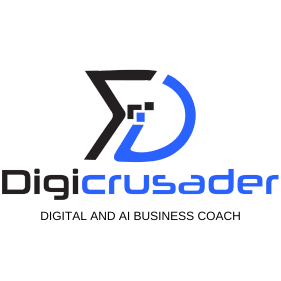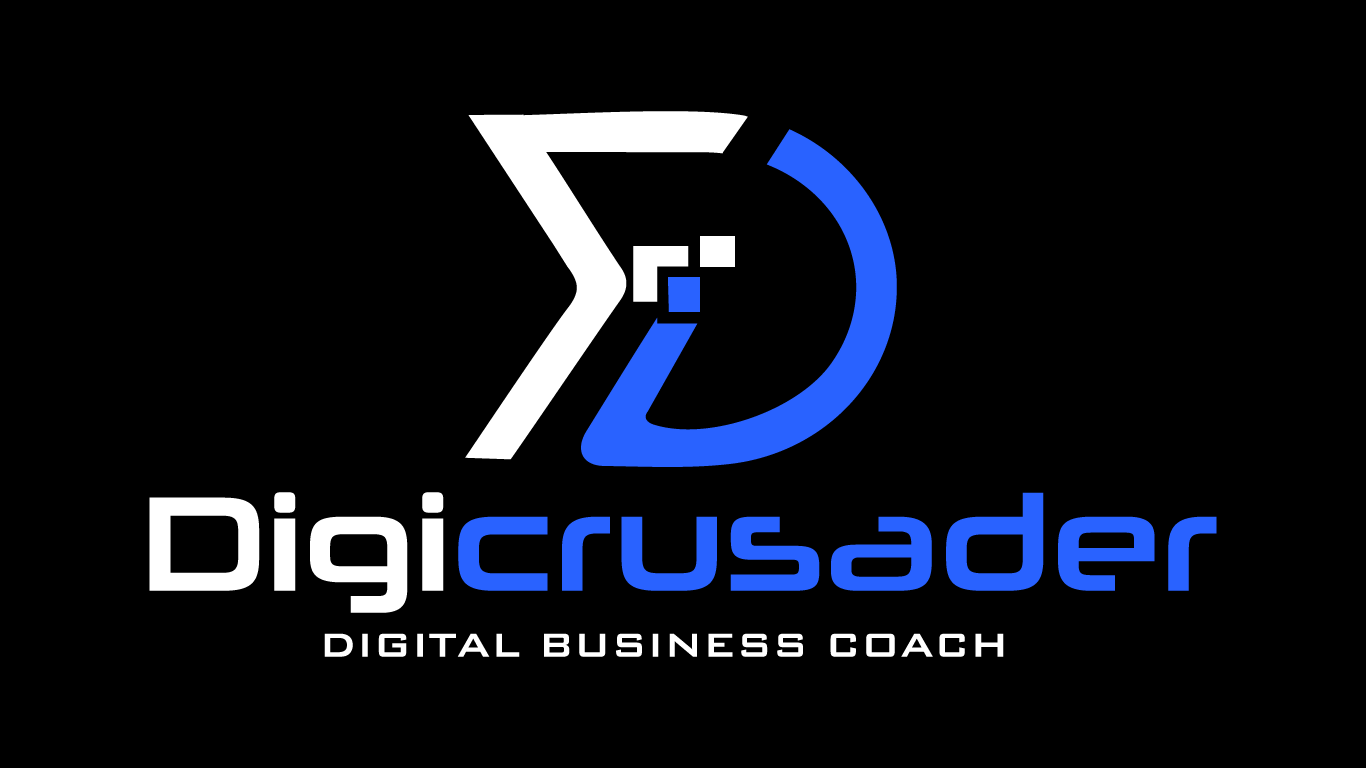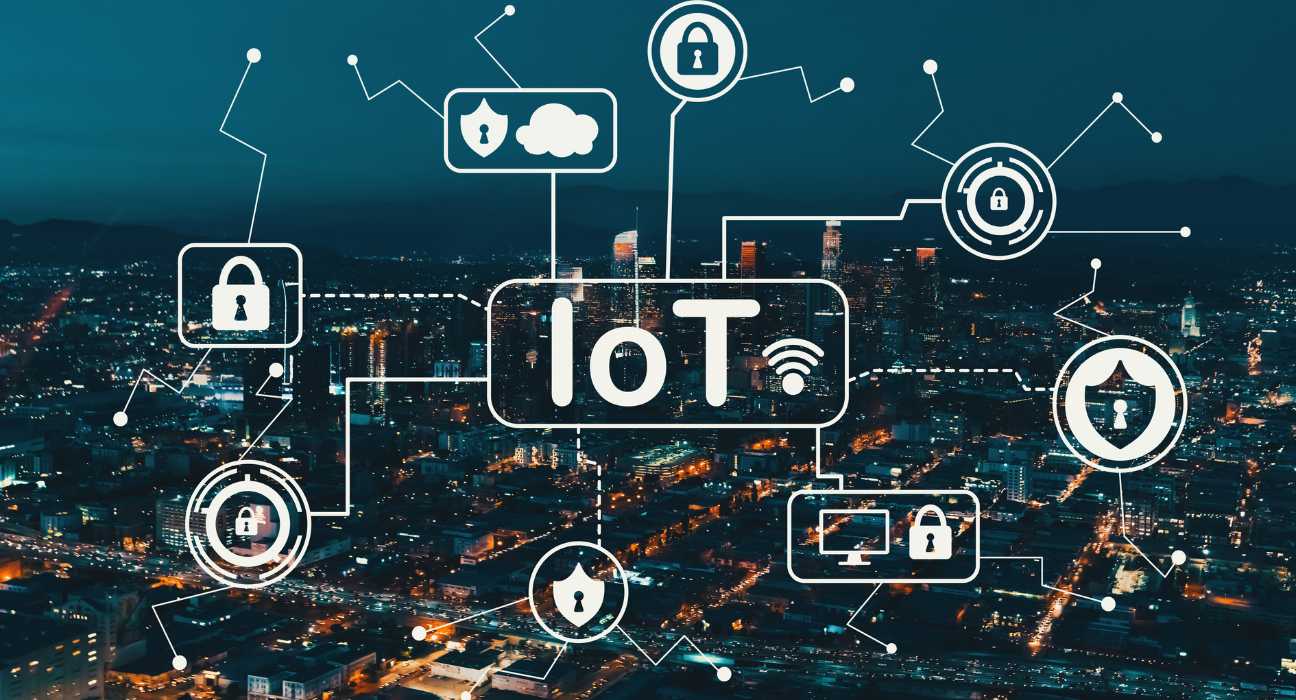The Internet of Things is fundamentally changing the way businesses operate, making physical devices internet enabled, thus collecting and exchanging data and therefore innovation and efficiency at a pace never achieved before. As 2024 is fast approaching, IoT adoption technologies will continue to grow radically and provide unparalleled opportunities to businesses. This article will discuss 25 ways IoT for business can support growth drawing on numerous industries and applications.
1. Enhanced Operational Efficiency
IoT technology supports corporations to work better by automating processes and reducing the likelihood of human errors. Sensors and related devices will allow the tracking of gear, inventory levels, or workflow and allow the optimization of processes in real time. The outcome has been excessive cost decrease and the creation of efficiency.
For example, within the factory scenario, the sensors of machines take care to track the performance for change in settings to optimize options. Manual intervention is needed way less frequently, leading to substantially less downtime of the machines and a higher volume of production.
2. Predictive Maintenance
The business IoT changes the reactive approach to maintenance. Using sensors and monitoring the health of equipment, given enough time, a business can predict a machine most likely to fail and so perform maintenance just in time to prevent downtime. Not only does this result in the huge saving of downtime, but it can prolong the useful life of assets.
For instance, an IoT HVAC system could detect a deteriorating component and indicate this to the maintenance team so that it can be replaced before it fails, thus reducing costly breakdowns as well as operating availability.
3. Improved Supply Chain Management
IoT technologies give a real-time view of the supply chain; from the location of shipments to the condition of goods in transit, it brings transparency and efficiency. Businesses can thus react quickly to any issues, optimize inventory levels; for example, a retailer can monitor through IoT sensors the temperature and humidity of perishable goods during transport in order to show up perfect and lower spoilage.
4. Better Customer Insights
The IoT gadgets, in their operation, collect large data on the behaviour and preferences of customers. It is by analysing such data that a business is better placed to tailor-make their products and services vis-à-vis the realization of the customer’s needs. This will also be elevating customer satisfaction and brand loyalty.
An example is a company dealing with smart thermostats that could analyze usage patterns with a view to suggesting energy-saving tips and providing personalized settings which would match user preferences, therefore enhancing experiences customers have.
5. Smart Inventory Management
IoT in business enables intelligent inventory management through real-time monitoring and data reporting on the status of available stock. Businesses face limited under and overstocking levels. Automated reordering fortifies against the danger of the levels of stock falling below minimal stock levels. This is aimed at optimizing the levels of inventory on stock to minimize waste on the stock, resulting from very high storage expenses.
A typical example is that the warehouse can monitor its inventory levels, and automatic reordering of goods will be affected when used up to ensure that goods are delivered and restocked whenever needed.
6. Energy Management
IoT technology allows companies to monitor and manage energy usage. Smart meters and sensors monitor the usage patterns that allow implementation of various energy-saving measures. This helps companies save costs while also supporting sustainability initiatives.
For instance, a smart building can use IoT sensors and adjust its lighting and HVAC systems to the occupancy rate, hence cutting energy waste and lowering utility bills.
7. Enhanced Security
IoT security companies provide solutions that can counter or resist a cyber-attack that might happen to a company. Connected devices can easily set up alarms or notifications of anomalies or unauthorized access in real time that there’s going to be a proper, timely response to a security breach before anything gets worse. Security companies ensure the companies’ safety of sensitive information and systems.
For example, smart security can intrinsically monitor its facilities around the clock using IoT cameras and sensors, with alerts sent to security personnel in the event of suspected activities.
8. IoT in Manufacturing
IoT manufacturing companies are Organic Industry 4.0 system mod making smart technologies part of the production process. The sensors of IoT are the ones that control the machinery, optimize the lines of production, and as such troubleshoot quality control. It hence results in being efficient with reduced production costs. For example, a car-manufacturing company may keep the use of IoT sensors in the detection of its assembly line in order to reflect or identify any deviation from the standard process and then make an adjustment in real time to maintain quality and efficiency.
9. Remote Monitoring and Control
The IoT remote monitoring solutions allow the monitoring of business operations from anywhere. This will be of great help, especially in industries where assets are geographically scattered, like in oil and gas or agriculture. Monitoring from remote places will ensure that this happens at optimum performance, and problems are addressed in record time.
For example, a business dealing with agriculture can utilize IoT sensors to monitor the levels of moisture in the soil; they can thus control the irrigation systems remotely such that the crops get just the right amounts of water at the right time.
10. Enhanced Employee Productivity
IoT allows employees to be more productive at their job by automating routine work and providing better tools that make collaboration easier. In this connection, wearables and smart office solutions contribute to the effective, efficient, and comfortable environment associated with the working place, hence job satisfaction and better performance by the employees. An intelligent office space could, for example, use the information sent by IoT sensors to adjust lighting and temperature based on the number of employees present in it; therefore, the working place becomes comfortable, and the employees are more productive.
11. Improved Facility Management
IoT facility management solutions foster streamlining the operations of various buildings. The connected devices aid in achieving ideal conditions by embracing light, heating, ventilation, and air conditioning systems as well as security measures; this happens amid minimal energy use. This means that the operational cost is minimized with a more sustainable workplace achieved.
In such regard, a smart building could add IoT sensors, which can monitor occupancy and probably result in the automation of its lighting and HVAC system adjustment for energy efficiency combined with enhanced comfort among its occupants.
12. Smart Retail Solutions
Businesses are leveraging IoT for retailers to make shopping easy. They include smart shelves, personalized marketing, and automated checkouts to make their life easy and integrated. IoT data analytics provide retailers with insight into informed decisions because they enable retailers to conclude their business decisions. For example; A retailer uses IoT sensors to monitor the effects of in-store foot traffic and customer behaviour; then, he can change the way his store is laid out and where products can be placed to encourage customers to buy more.
13. Healthcare Innovations
The IoT devices are applied in the healthcare sector to the care of patients, operations efficiency among the staff, and more. Wearables on the patients monitor health and transmit information on the patient to the linked medical devices in real time. Diagnosis and treatment, hence improve patient outcomes.
For example, a patient is fitted with a wearable device which will have the heart rate monitored continuously, and once irregularities are realized, wearables would alert the health professionals, hence timely intervention.
14. Transportation and Logistics
IoT enables real-time transformation for the transportation and logistics along with fleet management by using real-time tracking. The optimization of routes, running monitoring health of a vehicle, and on-time deliver are the primary services that are provided by the IoT solutions to the organization for their cost-cutting and quality service improvisation. In this way, if any logistics company wants to send its consignment on time and is in perfect form basis; it will be able to track its location and condition because of the IoT sensors.
15. Agriculture and Farming
IoT for business, in fact, is already changing agriculture through smart farming solutions. Hence, farmers gain valuable and enlightening data by continuously monitoring soil conditions, weather, and crop health with the use of sensors. This enables them to waste fewer resources and gain more. Another such positive aspect upon environmental implications falls into place. A farmer can monitor soil moisture level and weather conditions using the IoT sensor to let him try out the best practices of irrigation and fertilization to get the highest crop yield.
16. IoT in Construction
IoT technology enhances management at the construction site. These sensors monitor the equipment’s usage, structure quality and workers’ safety. This offers better management of the whole project, reduces costs and the project is finished on time. For instance, a building firm can apply IoT sensors to know the status of its equipment, whether it is used safely and profitable, whereby it avoids accidents and delays.
17. Smart Cities
The top IoT companies enable smart city solutions to provide better urban living. For example, there are interrelated systems of traffic, waste and utility management that facilitate easier management, making them more efficient and sustainable. The technologies enhance safety for the public and easy upgraded services for the citizens.
For example, a smart city can have IoT sensors monitoring traffic flow and traffic signals can be optimized, thus minimizing congestion and offering better quality air.
18. IoT in Financial Services
In the past, financial institutions could not utilize IoT for security and customer experience; the connected devices helped the financial institutions make secure transactions and accurate decision-making with real-time data applicable in the IoT. It also helps in offering personalized banking services, thus increasing customer satisfaction.
For example: A bank can use IoT sensors and monitor the ATMs and ensure that they are filled with cash, and in proper working condition, this will decrease its downtime and provide an efficient customer service.
19. Enhanced Marketing Strategies
IoT data provides profound insights into customer behaviour for marketers, thereby letting them run highly targeted marketing campaigns that have better resonance with a particular audience. Personalized marketing strategies offer higher conversion rates and increased ROI.
For example, a retailer can use IoT sensors to monitor customer behaviour in-store and send personalized offers, promotions to mobile devices of the customers. This will more likely result in a sale.
20. IoT for Small Business
In fact, IoT technology is available for small business which provide cost effective solutions to optimize operational activities. Starting from intelligent inventory management tools to customer engagement, IoT technology helps small business compete with big enterprises and thus expand their market share.
For example, any small retailer can install sensors using IoT technology in a way that products are ordered automatically whenever the stock of inventories goes down so that the right kinds of products are always held in its stock.
21. Environmental Monitoring
Through the implementation and monitoring of environmental conditions using IoT devices, a large amount of data is gathered for companies in such businesses as agriculture, mining and manufacturing. With that data, companies may comply with rules and regulations, lower effects, and promote sustainability. A good example of this is the fact that a mining company can use itsIoT sensors to monitor the air and water in and around their operations, thus making sure that they comply with set environmental regulations as well as lowering the impact it has on the environment surrounding it..
22. Smart Homes and Buildings
IoT development companies come forth with the solutions for smart homes and buildings, which entail comfort, security, and energy efficiency. These technologies bring new business revenue streams and innovation opportunities. A real estate company can, for example, add smart home features such as automatic lighting and climate control, thus increasing the attractiveness of one’s apartments, offering an added value to tenants.
23. IoT in Education
IoT technologies make educational institutions smart campuses. Connected devices offer better security, improved learning experience, and smooth day-to-day administration. There would be a better learning outcome and smooth functioning of the institution. Using IoT sensors in classrooms of a University to monitor occupancy and thus lightening and HVAC systems can be regulated accordingly; that will help in energy consumption as well as provide an ideal learning environment.
24. IoT Startups Driving Innovation
IoT start-ups are at the forefront of innovation. These new firms develop innovative solutions to specific business challenges. These are innovative firms that bring new ideas to help spur growth and further drive competition in the IoT industry. For example, a start-up could be working on new forms of IoT sensors that provide more accurate data or a more efficient process of collecting and analyzing IoT data. This will provide businesses with newer tools to efficiently carry out their operations.
25. Collaboration with Top IoT Companies
Collaboration with top IoT companies enables businesses to get the most advanced technologies along with expertise. This type of co-ordination empowers companies to deploy the most advanced IoT solutions with which companies can be ahead of others and grow sustainably. A manufacturing concern can collaborate with an IoT development company in a manner so that companies can integrate the IoT sensors into the production processes, thereby enhancing productions and lowering costs.
Conclusion
IoT for business has some enormous transformative power in many areas. Growth and innovation are resultants of IoT as it offers efficient operations, improving customer experiences, and also makes the organization data-driven in its decision making. Crossing into the year 2024, businesses leveraging IoT technologies would be in a strong position to thrive in today’s cut-throat competitive landscape.
Whether through partnerships with top IoT companies or adopting the solutions of IoT development companies, the opportunities for growth are endless. Welcome to the IoT-interconnected world, where information and technology meet to create more rationality, better operations for a better business future. Not talking about individual uses, but holistically-looking view of the impact on business strategy has to be covered. IoT brings solutions that serve to enhance, extend, and open new business model and revenue-stream opportunities besides perfecting current processes.
For example, a traditional product-based business can reinvent itself as a perfectly service-cantered organization by selling IoT-enabled solutions, generating ongoing value for the customers. Actually, such a makeover from onetime sale to a recurring revenue stream can generate enormous long-term profitability. Additionally, IoT has embraced the culture of innovation in organizations.
The IoT technologies, once adopted by the organizations, bring a culture of innovation that will support continuous improvement and flexibility. It is the culture of innovation that will enable an organization to survive in the prevailing fast-paced business environment where it has to compete on its toes. IoT technologies are capacitating data analysis capabilities as well. Massive data generated by the Internet of things provides a great business insight for strategic planning.
Such huge data can be analysed on advanced analytics and machine learning algorithms that better analyze data and thus patterns are identified trends, predicted and optimized. Thus, common retail chains get accurate demand forecasting, optimize inventory levels, and thus waste can be reduced.
With the help of IoT data, this provides great financial savings and customer satisfaction. Security is another important consideration for the adoption of IoT. The more connected a business is, the greater the possibility of cyber threats. IoT cybersecurity companies offer solutions that serve to safeguard IoT ecosystems from any possible breaches, ultimately maintaining data integrity and confidentiality.
Only with appropriate security measures can a business command trust from its customers and partners and sustain its repute. Conclusively, IoT is the future in respect of business growth from the year 2024 and beyond. It has benefits ranging from operational efficiency and cost reduction to the delivery of better customer experiences and opening up new revenue streams- all factors which drive business success.
Business can therefore use its services, by taking the help of leading companies dealing with the field of IoT and also by being at the cutting edge, to enable the potential of the Internet of Things for sustainable growth, so as to remain competitive in respective markets. In a world changing fast, with an ever-evolving landscape of the IoT, all those who embrace the possibilities will be properly positioned to rise to success in the digital age.











